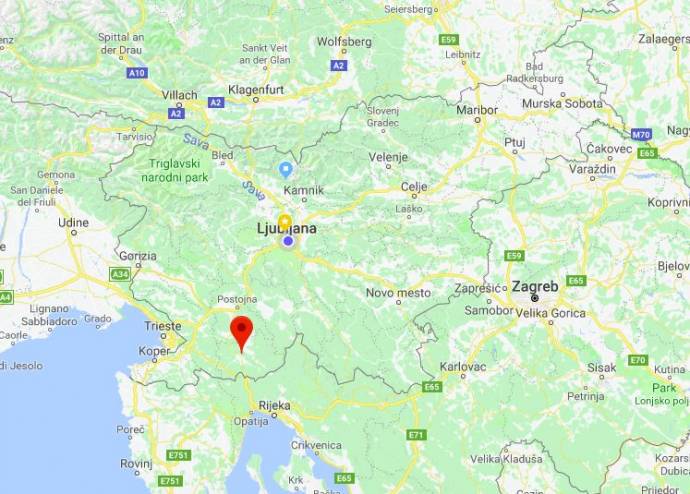The city council decided unanimously on Thursday that it would hold a local referendum should the state decide to build the centre.
The municipality is against the Jelšane registration centre or any other facility for refugees or migrants on their territory.
The councillors also urged the government to "boost security on the state border to protect locals and their property".
In case the state fails to comply with the referendum outcome, the locals would resort to other measures such as protest rallies and civil disobedience.
The councillors had expected that Interior Ministry State Secretary Boštjan Šefic provide some answers, but he did not attend yesterday's session.
Meanwhile, the head of the government Office for the Support and Integration of Migrants, Mojca Špec Potočar, was unable to provide answers to some of the questions, saying they could only be answered by the police.
The councillors stressed the number of illegal migrants entering Slovenia via their municipality was increasing and residents did not feel safe anymore.
Illegal migrants would often come very close to their homes, and some of them commit minor offences because they are in distress, according to some of the councillors' accounts.
"You just talk about foreigners who cross the state border illegally, but we're forced to live in these conditions," said Ana Marija Saftič from the village of Jelšane told the government representatives at the session.
A few days ago two civil initiatives from the south-eastern region of Bela Krajina held a protest in the border town of Metlika against a similar registration centre.
At the time, Špec Potočar said that issuing a call for applications for the centre did not mean it would actually be built. She said such centres were part of a contingency plan in case of a sudden influx of migrants.
Between autumn 2015 and spring 2016, Slovenia was crossed by more than 480,000 illegal migrants from the Middle East, who came along the Balkan route and proceeded further north.






